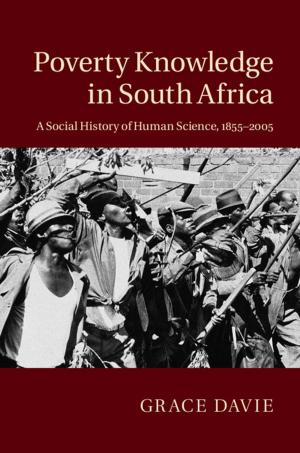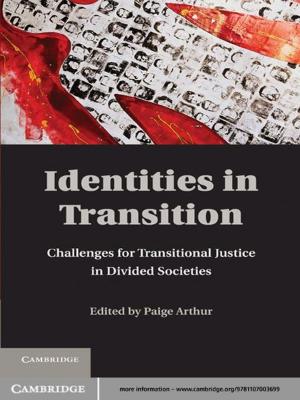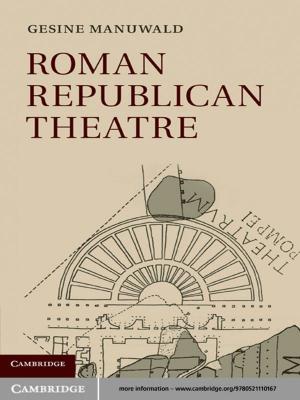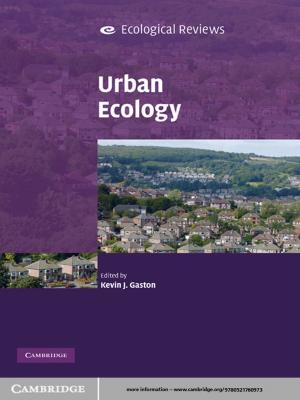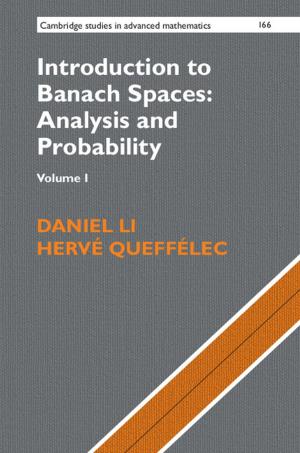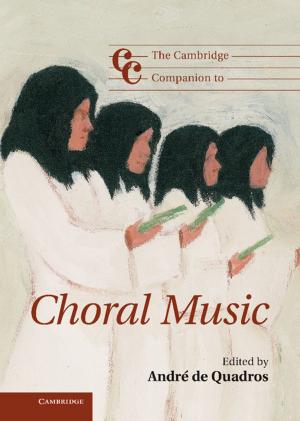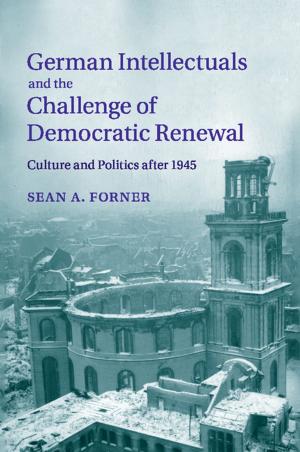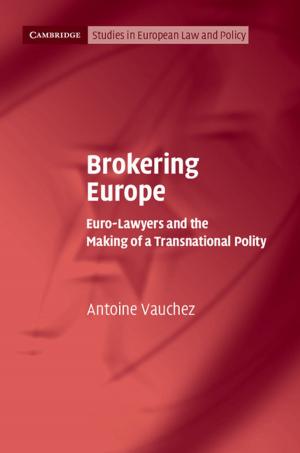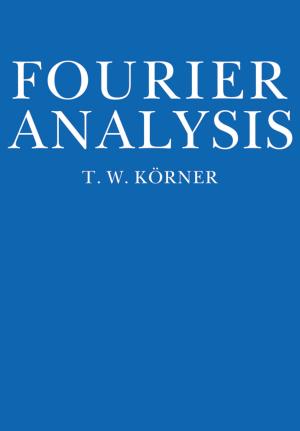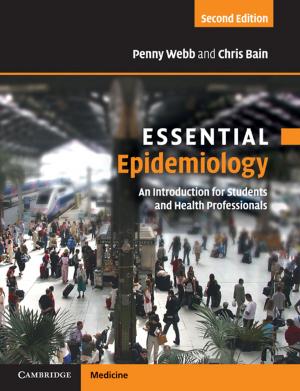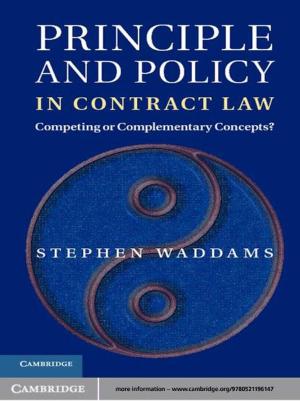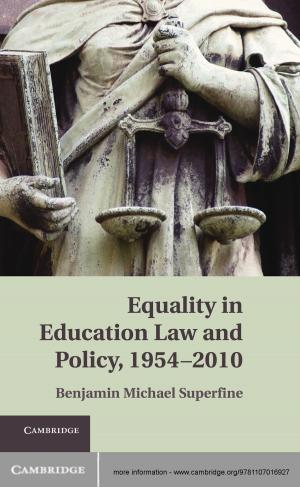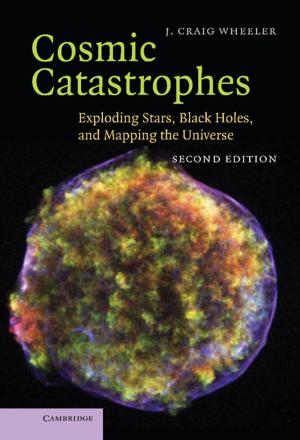Religious Experience and the Modernist Novel
Fiction & Literature, Literary Theory & Criticism, British| Author: | Pericles Lewis | ISBN: | 9780511739156 |
| Publisher: | Cambridge University Press | Publication: | January 7, 2010 |
| Imprint: | Cambridge University Press | Language: | English |
| Author: | Pericles Lewis |
| ISBN: | 9780511739156 |
| Publisher: | Cambridge University Press |
| Publication: | January 7, 2010 |
| Imprint: | Cambridge University Press |
| Language: | English |
The modernist period witnessed attempts to explain religious experience in non-religious terms. Such novelists as Henry James, Marcel Proust, James Joyce, Virginia Woolf and Franz Kafka found methods to describe through fiction the sorts of experiences that had traditionally been the domain of religious mystics and believers. In Religious Experience and the Modernist Novel, Pericles Lewis considers the development of modernism in the novel in relation to changing attitudes to religion. Through comparisons of major novelists with sociologists and psychologists from the same period, Lewis identifies the unique ways that literature addressed the changing spiritual situation of the early twentieth century. He challenges accounts that assume secularisation as the main narrative for understanding twentieth-century literature. Lewis explores the experiments that modernists undertook in order to invoke the sacred without directly naming it, resulting in a compelling study for readers of twentieth-century modernist literature.
The modernist period witnessed attempts to explain religious experience in non-religious terms. Such novelists as Henry James, Marcel Proust, James Joyce, Virginia Woolf and Franz Kafka found methods to describe through fiction the sorts of experiences that had traditionally been the domain of religious mystics and believers. In Religious Experience and the Modernist Novel, Pericles Lewis considers the development of modernism in the novel in relation to changing attitudes to religion. Through comparisons of major novelists with sociologists and psychologists from the same period, Lewis identifies the unique ways that literature addressed the changing spiritual situation of the early twentieth century. He challenges accounts that assume secularisation as the main narrative for understanding twentieth-century literature. Lewis explores the experiments that modernists undertook in order to invoke the sacred without directly naming it, resulting in a compelling study for readers of twentieth-century modernist literature.

